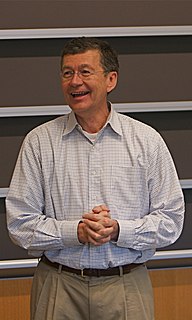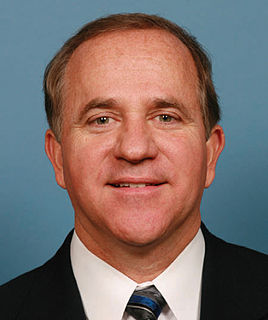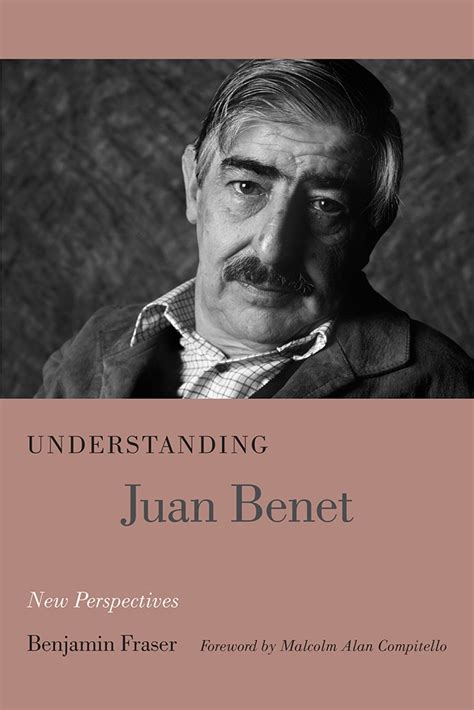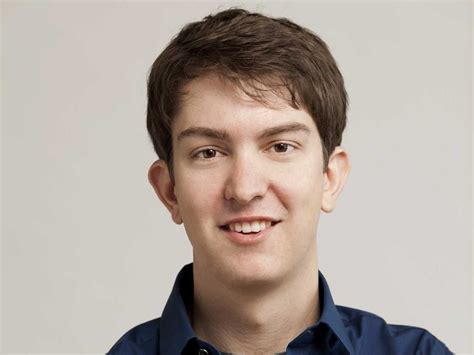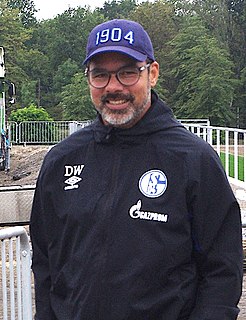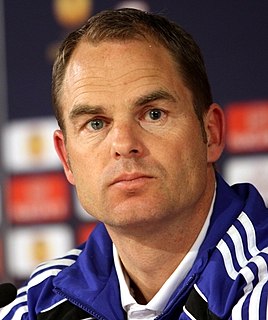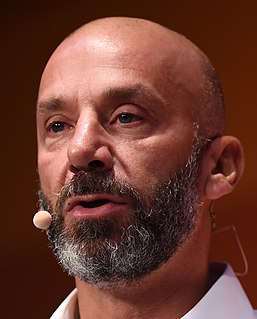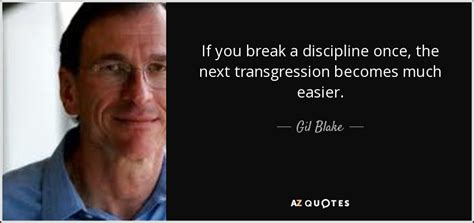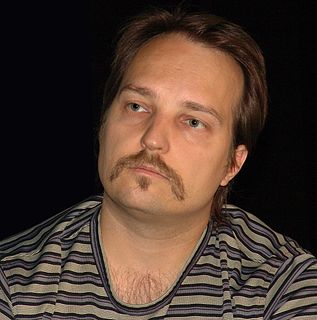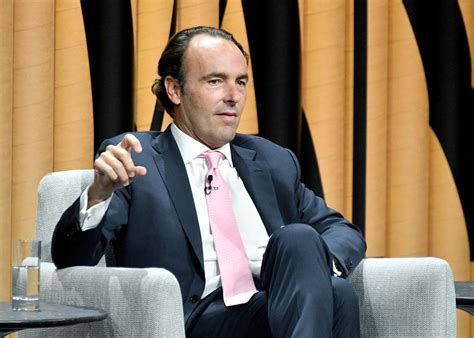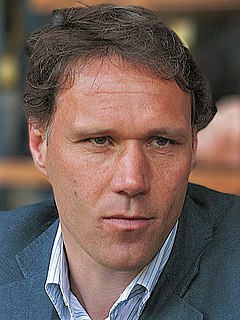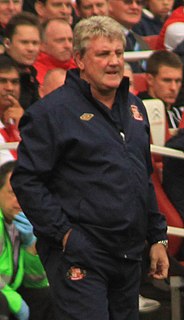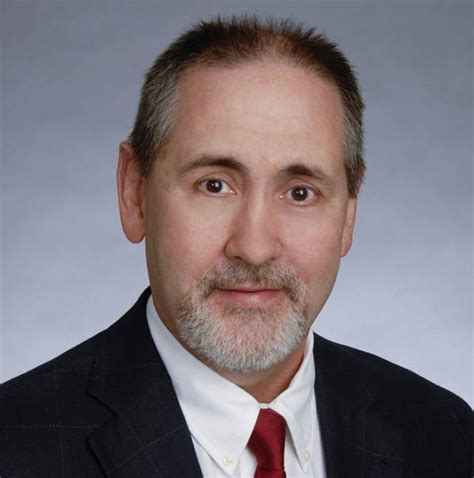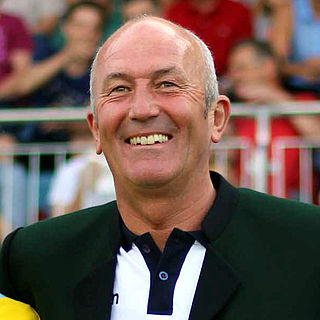A Quote by Reed Hundt
We need a data network that can easily carry voice, instead of what we have today, a voice network struggling to carry data.
Related Quotes
In the past, Google has used teams of humans to 'read' its street address images - in essence, to render images into actionable data. But using neural network technology, the company has trained computers to extract that data automatically - and with a level of accuracy that meets or beats human operators.
One of the myths about the Internet of Things is that companies have all the data they need, but their real challenge is making sense of it. In reality, the cost of collecting some kinds of data remains too high, the quality of the data isn't always good enough, and it remains difficult to integrate multiple data sources.
If we study learning as a data science, we can reverse engineer the human brain and tailor learning techniques to maximize the chances of student success. This is the biggest revolution that could happen in education, turning it into a data-driven science, and not such a medieval set of rumors professors tend to carry on.
